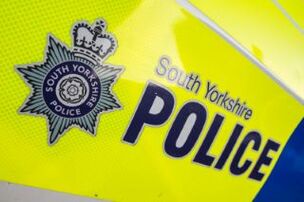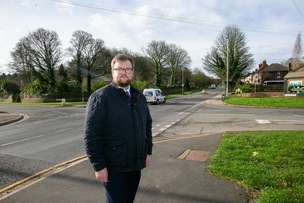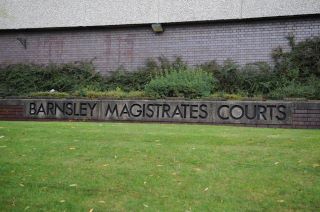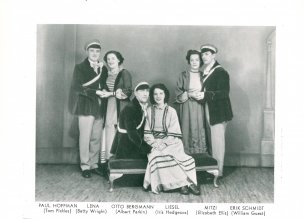DRIVERS using council owned vehicles in the future face the prospect of being electronically reported to managers in Barnsley if their performance behind the wheel falls below expected standards, as the authority looks to modernise its fleet.
Barnsley Council has more than 400 vehicles and is to invest heavily in modernising the fleet so no cars - including the mayor’s civic limousine - are kept beyond five years, with gritters only expected to be kept for seven winters and mini-buses given a lifespan of five or six years before being sold on.
But new telematics technology is expected to be installed from this spring, which a report to the council’s ruling cabinet states, will be able to ‘self police’ the driver.
‘Black box’ technology has been available for some time and is offered by some insurance companies as a way of reducing premiums for high risk drivers, because their behaviour can be accurately monitored.
According to the council, the system would: “Manage driver behaviour by self policing the driver, informing them in the vehicle when the are driving uneconomically and reporting repeat offenders to management.”
The system would also identify vehicles being under-used, meaning they could be switched to other departments to save money. Upgrading the fleet will also provide officials with the opportunity to look at vehicles using alternative fuels to petrol and diesel, with electric cycles one option to be investigated.
The council has only one electric vehicle at present and a target covering a percentage yet to be decided of the whole fleet is expected to be set later this year.
It is anticipated the authority will have at least 30 electric vehicles by 2025.
Last year, the council agreed to spend almost £3m on replacing 77 vehicles, while a formal strategy was developed.
The guidelines now adopted by the cabinet will see the limits on vehicle ages imposed, with vehicles replaced at that point, with the redundant stock being auctioned, sold on eBay or disposed of through trade contacts.
The policy is intended to maximise value to the council, by avoiding the higher repair bills and time spent off the road for older vehicles.
It will mean the council will have a fleet with a shorter lifespan than South Yorkshire Police, with Freedom of Information statistics showing that force running a BMW 330, cars expected to cover high mileages patrolling the county’s roads, at six years old and a Mercedes Sprinter van at ten years old.
A report to cabinet members stated: “With the ageing fleet, services are experiencing additional vehicle downtime and having to utilise hire vehicles that are not always equipped with the specialist equipment they require.
“Keeping vehicles for their optimum lifespan will also mean we do not have old vehicles which will reduce the amount of unexpected or expected age related maintenance.”
“The Vehicle Replacement Strategy will ensure that vehicles are replaced before they reach the point they begin to incur additional expenditure and cause problems for the service.
“We will look at the full lifecycle costs of vehicles, selecting the best option at all times.
“The strategy will reduce maintenance costs, reduce the emissions of the council’s fleet, reduce vehicle downtime, increase vehicle safety and increase the council’s usage of alternative fuelled vehicles.
“The strategy will streamline the council’s fleet, ensuring that services have the correct vehicles to efficiently provide their service and that vehicles are fully utilised,” said the report.




























